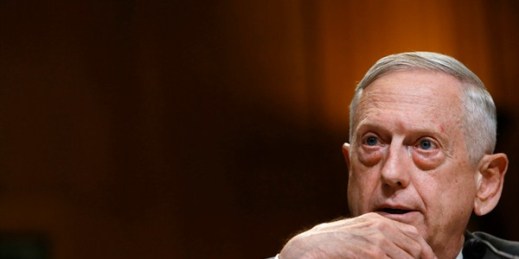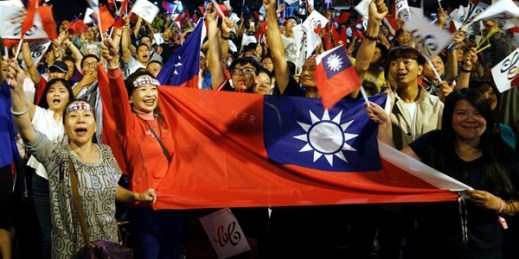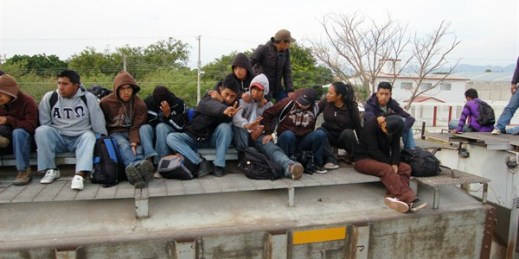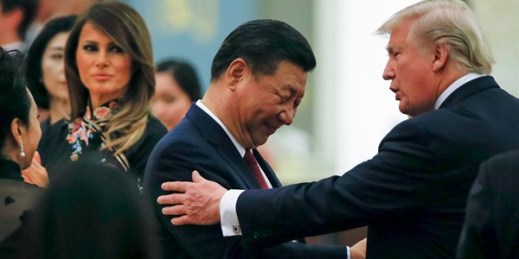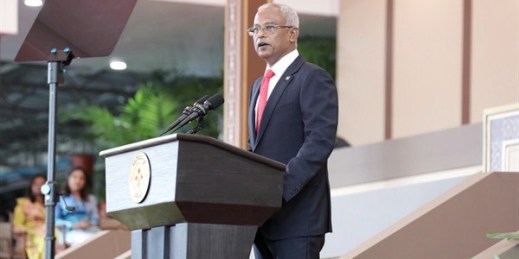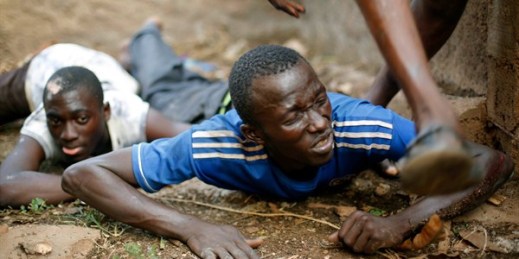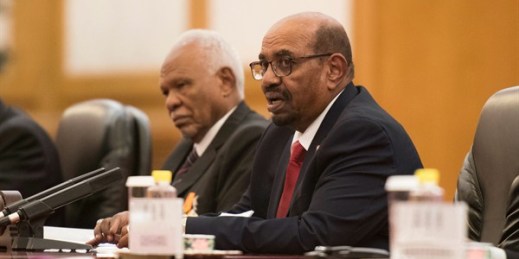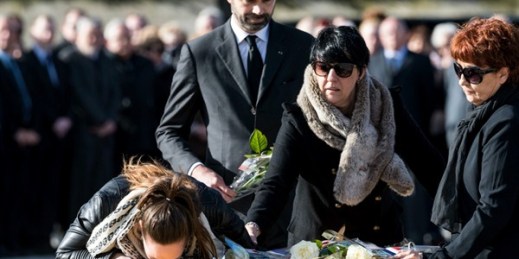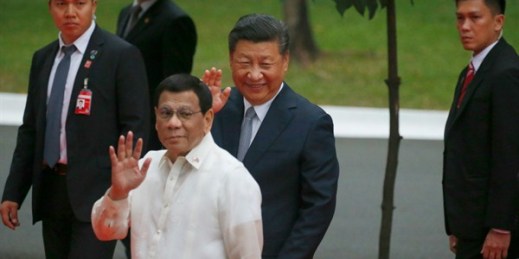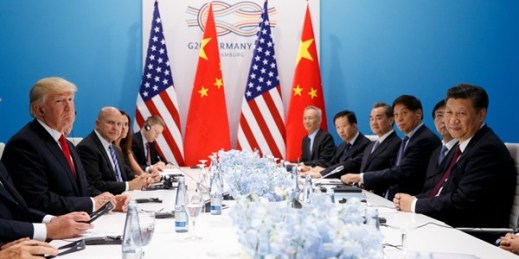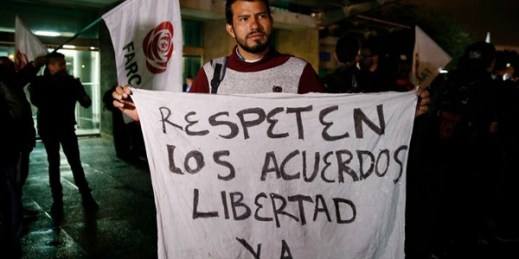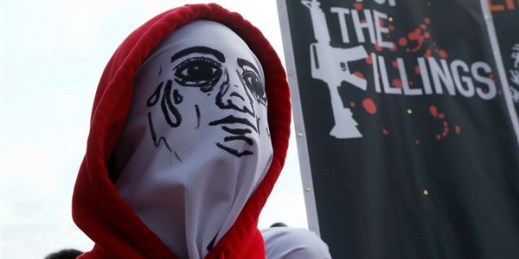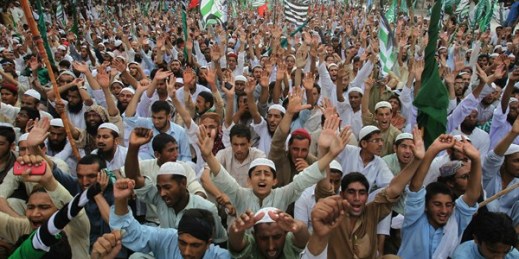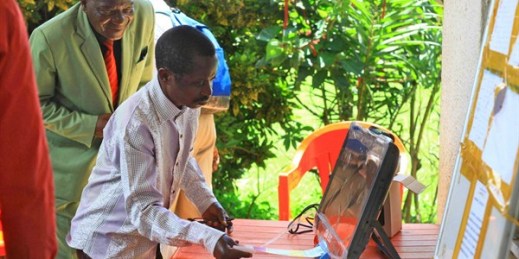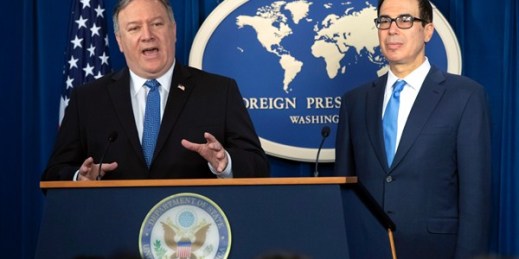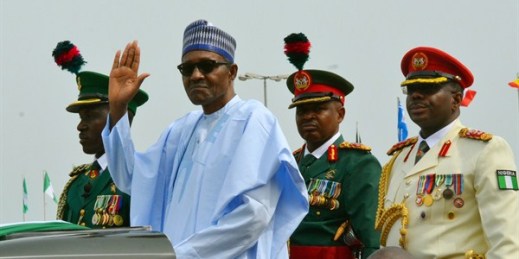
Editor’s Note: Every Friday, WPR Senior Editor Robbie Corey-Boulet curates the top news and analysis from and about the African continent. For much of this year, Nigerian President Muhammadu Buhari has tried to treat the Boko Haram insurgency and his upcoming re-election bid as two separate stories. As Obi Anyadike noted in an in-depth report for WPR last month, Buhari seemed to take his eye off the war in northeastern Nigeria, despite significant military setbacks, focusing instead on political jockeying in Abuja and elsewhere. One security analyst told Anyadike that the government’s priority was “regime security, not national security.” In […]

